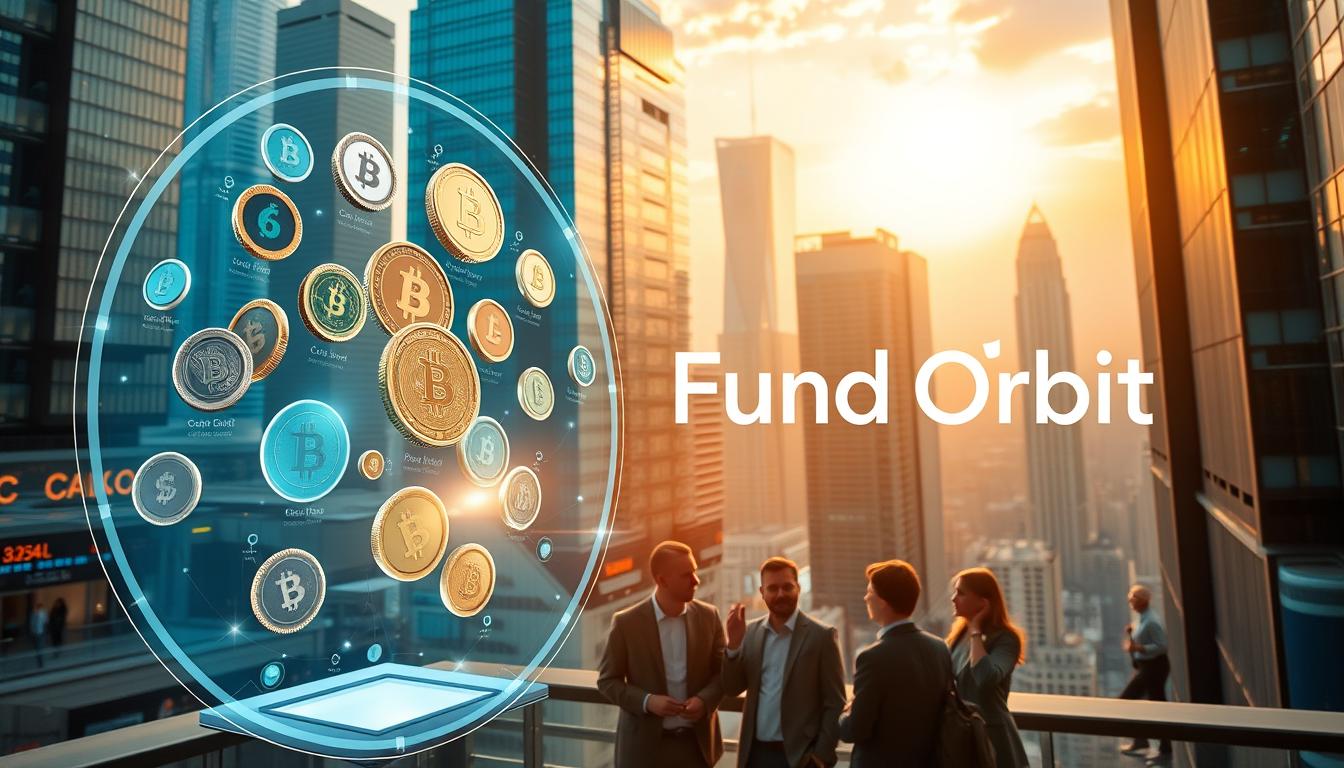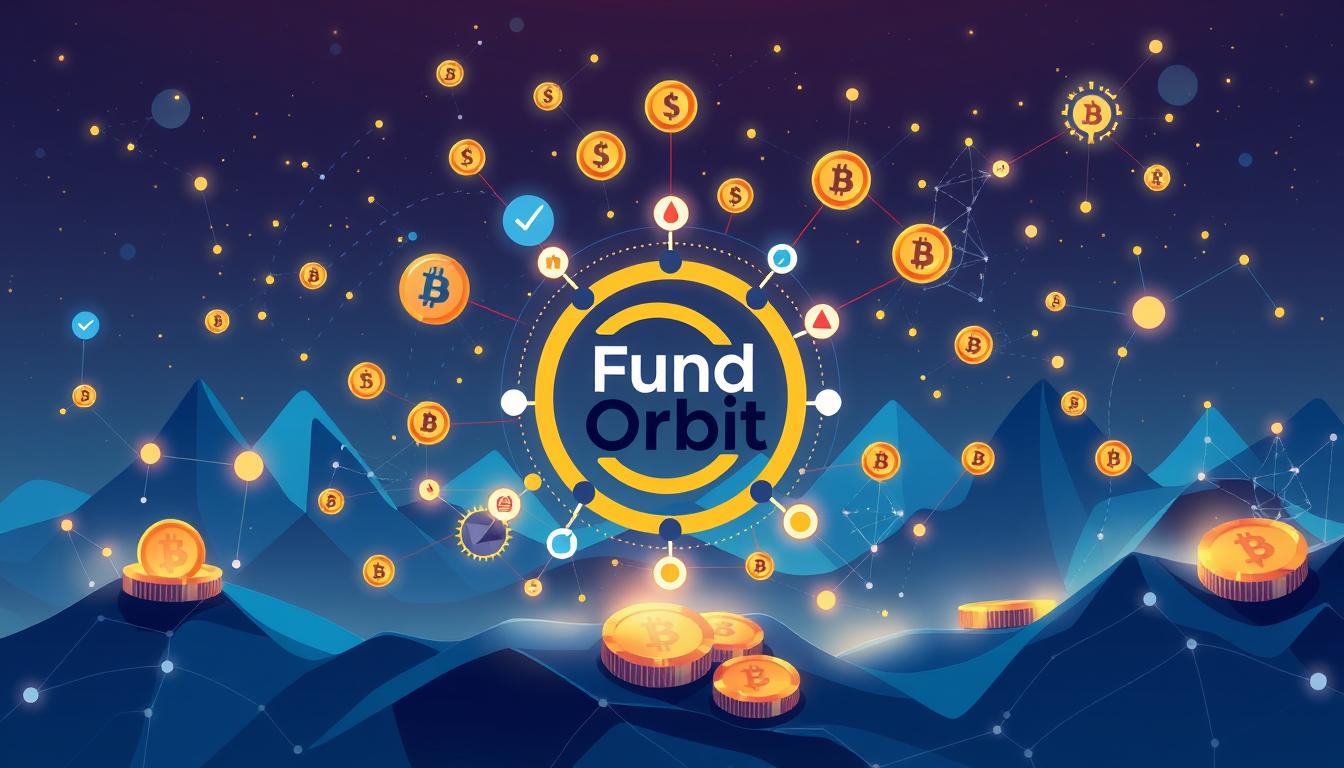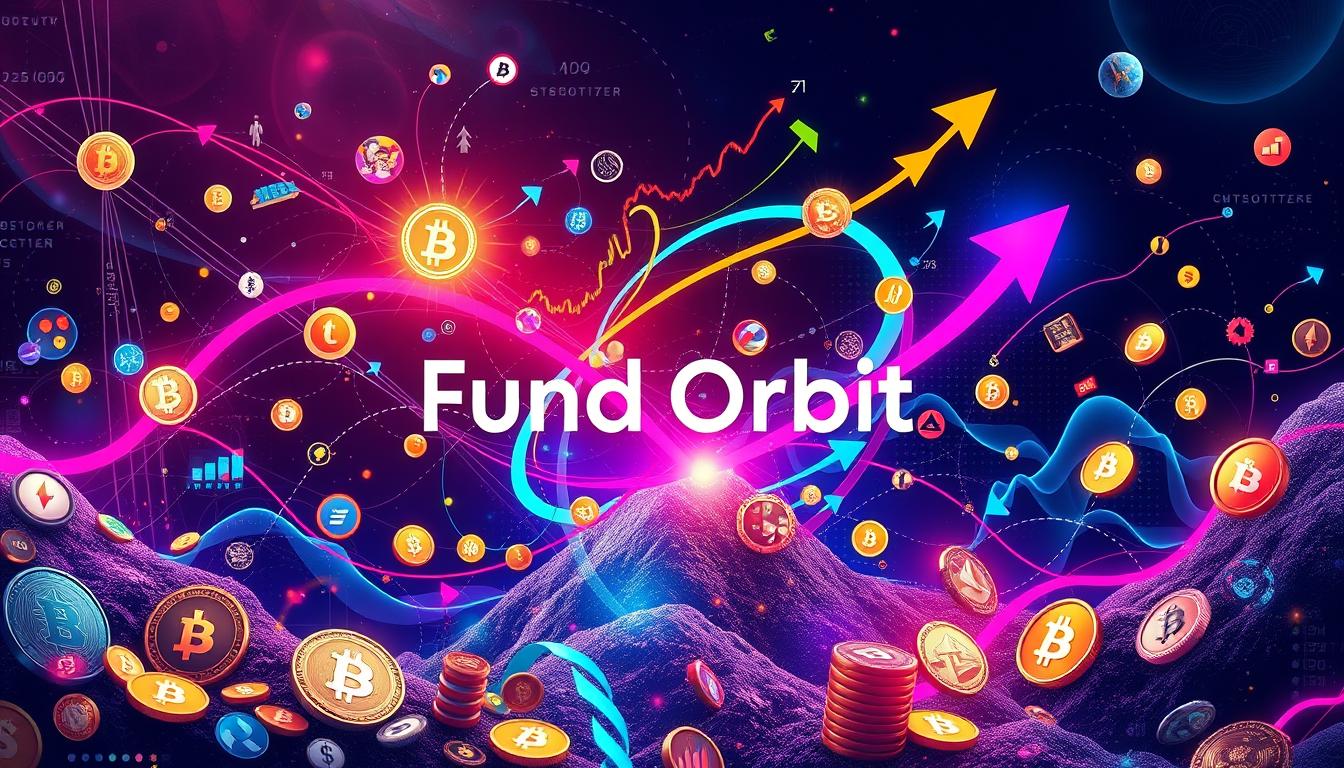The financial landscape is on the cusp of a significant transformation. By 2030, tokenized market capitalization is projected to reach around $2 trillion, according to McKinsey analysis. This staggering figure underscores the vast potential of tokenization to revolutionize investment opportunities.
At CoWrit Technologies Inc, we’re at the forefront of this change, helping clients navigate the emerging field of digital assets and blockchain applications. Tokenization involves converting ownership rights into digital tokens on blockchain networks, enabling fractional ownership and creating new opportunities for investors of all sizes.
As we explore the world of tokenized assets, we’ll examine how this technology is breaking down traditional barriers to investment and creating more accessible, efficient, and transparent investment ecosystems.
Key Takeaways
- The tokenized market capitalization is expected to reach $2 trillion by 2030.
- Tokenization enables fractional ownership and creates new investment opportunities.
- Blockchain technology is being leveraged to create more transparent investment ecosystems.
- CoWrit Technologies Inc is helping clients navigate the emerging field of digital assets.
- Tokenization is revolutionizing the investment landscape across various asset classes.
What Asset Tokenization Means for Investors
Asset tokenization is redefining investment possibilities by leveraging blockchain technology. At its core, asset tokenization involves converting rights to an asset into a digital token on a blockchain. This process has significant implications for investors, as it opens up new avenues for investment and changes the way assets are managed and traded.
Defining Tokenization in the Digital Age
Tokenization, in the context of digital assets, refers to the process of converting assets into digital tokens that can be stored and traded on a blockchain. This digital representation of assets allows for greater flexibility and accessibility in investment opportunities. By tokenizing assets, we can create a more efficient and transparent system for asset management.
How Blockchain Enables Asset Tokenization
Blockchain technology is the foundational infrastructure that makes asset tokenization possible. It provides a distributed ledger that records transactions and asset balances across a network of computers, resulting in an immutable database. This decentralized nature enhances security and reduces the risk of fraud. Smart contracts, which are self-executing contracts with the terms of the agreement written directly into code, automate and enforce the terms of ownership, eliminating the need for intermediaries in many transactions.
| Key Features | Benefits |
|---|---|
| Immutable Record | Enhanced security and transparency |
| Smart Contracts | Automated enforcement of ownership terms |
| Decentralized Network | Reduced risk of single points of failure |
The use of blockchain technology in asset tokenization not only enhances transparency and security but also enables 24/7 global trading of tokenized assets. This creates new levels of market accessibility and liquidity, benefiting investors worldwide.
The Complete Tokenization Process
Tokenization is a multi-step process that enables the conversion of real-world assets into digital representations. This process is complex and involves several critical stages, from the initial sourcing and evaluation of assets to the creation and distribution of digital tokens.
Asset Sourcing and Evaluation
The first step in the tokenization process is sourcing and evaluating the asset to be tokenized. This involves identifying the asset, assessing its value, and determining its potential for tokenization. We consider factors such as market demand, legal compliance, and the asset’s inherent value.
Digital Token Creation and Smart Contracts
Once the asset is sourced and evaluated, the next step is creating digital tokens and smart contracts. Tokenization explained involves dividing the asset into digital tokens that represent ownership or investment in the asset. Smart contracts are then created to automate various processes, such as dividend distribution and compliance monitoring. These contracts ensure that the terms of the investment are met and that transactions are executed seamlessly.
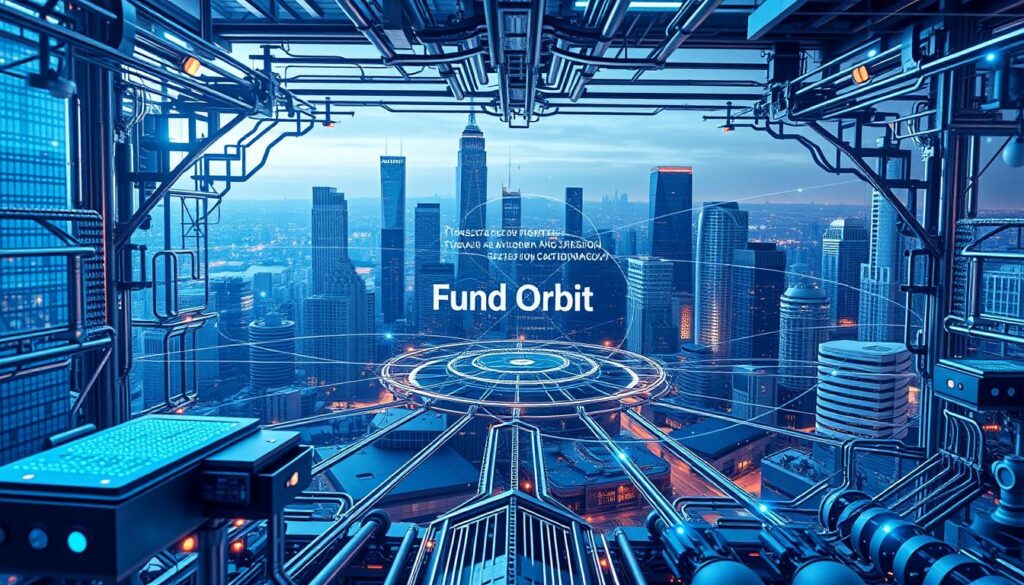
Distribution, Trading, and Asset Servicing
After the digital tokens and smart contracts are created, the tokens are distributed to investors through various methods, including private placements and public offerings. Tokens can then be traded on secondary markets, providing liquidity to investors. Ongoing asset servicing includes compliance monitoring, investor communications, and dividend distributions, ensuring that the tokenized assets remain attractive and compliant with regulatory requirements.
We help clients develop comprehensive strategies for token distribution and ongoing asset management, ensuring that their tokenized assets are managed efficiently and effectively.
Tokenization of Assets: Key Benefits and Advantages
By tokenizing assets, we unlock a new world of investment opportunities with enhanced efficiency and transparency. This innovative approach is transforming the investment landscape by offering several key advantages that benefit both investors and asset issuers.
Democratizing Access to Premium Investments
Tokenization democratizes access to premium investments by allowing fractional ownership. This means that investors can now purchase a portion of high-value assets that were previously out of their reach. For instance, real estate tokenization enables investors to buy into a property without having to purchase the entire asset.
- Fractional ownership opens up new investment opportunities.
- Investors can diversify their portfolios more effectively.
- Access to premium assets is no longer limited to institutional investors or high-net-worth individuals.
Enhanced Liquidity and 24/7 Market Access
Tokenized assets provide enhanced liquidity and 24/7 market access, allowing investors to buy and sell assets at any time. This is particularly beneficial for assets that are traditionally illiquid, such as real estate or art.

The ability to trade assets around the clock is made possible by blockchain technology, which enables continuous market access. This increased liquidity and flexibility can lead to more efficient markets and better price discovery.
Operational Efficiency and Cost Reduction
Tokenization streamlines asset management processes through automation and smart contract functionality. By embedding operations such as interest calculation and coupon payment into the smart contract of the token, many administrative tasks can be automated, reducing the need for manual processing and minimizing the risk of errors.
- Automation of administrative tasks reduces operational costs.
- Smart contracts enhance transparency and reduce the need for reconciliation.
- The elimination of intermediaries in many transactions can significantly reduce costs associated with asset transfers and management.
At CoWrit Technologies Inc, we help clients identify and implement operational efficiencies through tokenization strategies, ensuring that they can reap the benefits of this innovative technology.
Asset Classes Transformed by Tokenization
The impact of tokenization is being felt across different asset classes, transforming traditional investment landscapes. Tokenization is not limited to a single type of asset; it’s a versatile technology that’s being applied across various classes, including real estate, financial instruments, and alternative assets.
Real Estate: Fractional Ownership Revolution
Real estate tokenization is revolutionizing the way we invest in property. By enabling fractional ownership, tokenization allows multiple investors to own a portion of a high-value property. This not only increases liquidity but also makes it possible for smaller investors to participate in the real estate market. For instance, a luxury apartment building can be tokenized, allowing investors to buy and sell tokens representing ownership in the property.
Financial Instruments: Bonds, Stocks, and Funds
Tokenization is also transforming the world of financial instruments. Stocks, bonds, and funds are being tokenized, making them more accessible and tradable. This process enhances liquidity and allows for 24/7 trading, unlike traditional stock markets that operate on limited hours. Tokenized financial instruments can be traded on blockchain platforms, reducing the need for intermediaries and increasing efficiency. For example, tokenized bonds can be issued and traded on a blockchain, streamlining the process and reducing costs.
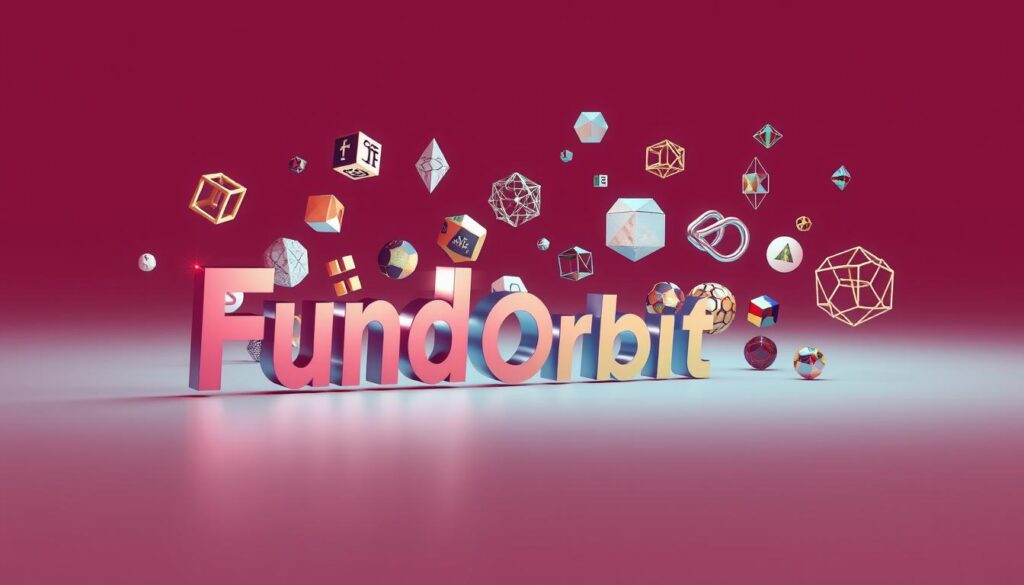
Alternative Assets: Art, Collectibles, and Natural Resources
Alternative assets such as art, collectibles, and natural resources are also being transformed by tokenization. For instance, CaskCoin’s tokenization of Titanic Distillers Whiskey allows investors to own shares in maturing Irish whiskey, demonstrating how tokenization can create new investment opportunities in unique assets. Similarly, art and rare collectibles can be tokenized, enabling fractional ownership and provenance tracking through blockchain technology.
| Asset Class | Tokenization Benefits | Examples |
|---|---|---|
| Real Estate | Fractional ownership, increased liquidity | Luxury apartments, commercial buildings |
| Financial Instruments | 24/7 trading, reduced intermediaries | Stocks, bonds, funds |
| Alternative Assets | Fractional ownership, provenance tracking | Art, collectibles, whiskey, natural resources |
As tokenization continues to evolve, we can expect to see even more innovative applications across various asset classes. At CoWrit Technologies Inc, we help clients identify unique alternative assets for tokenization that align with investor interests, creating new opportunities in the process.
Real-World Tokenization Success Stories
As we explore the real-world applications of tokenization, several groundbreaking projects come to light. The tokenization of various asset classes is not only enhancing liquidity but also opening up new investment opportunities.
St. Regis Aspen Resort and Real Estate Projects
The tokenization of real estate has been a significant trend, with projects like the St. Regis Aspen Resort leading the way. By tokenizing this luxury resort, the ownership was fractionalized, allowing multiple investors to own a portion of the property. This approach has democratized access to high-value real estate investments, previously inaccessible to many.
The use of blockchain technology in this project ensured transparency and security in the ownership and transfer of tokens, representing the underlying asset.
Tokenized Treasury Bills and Financial Assets
Financial assets, including treasury bills and bonds, are also being tokenized. This process involves creating digital tokens that represent ownership in these assets. The tokenization of bonds and other financial instruments is enhancing liquidity and making these markets more efficient.
The application of smart contracts in tokenized financial assets automates many processes, such as interest payments and compliance, thereby reducing operational costs and increasing transparency.
Innovative Applications: Carbon Credits and Commodities
Beyond traditional assets, tokenization is being applied to carbon credits and various commodities. The tokenization of carbon credits is creating a more transparent and efficient market for these environmental assets. By enabling the fractional ownership of credits, smaller companies can now participate in carbon markets.
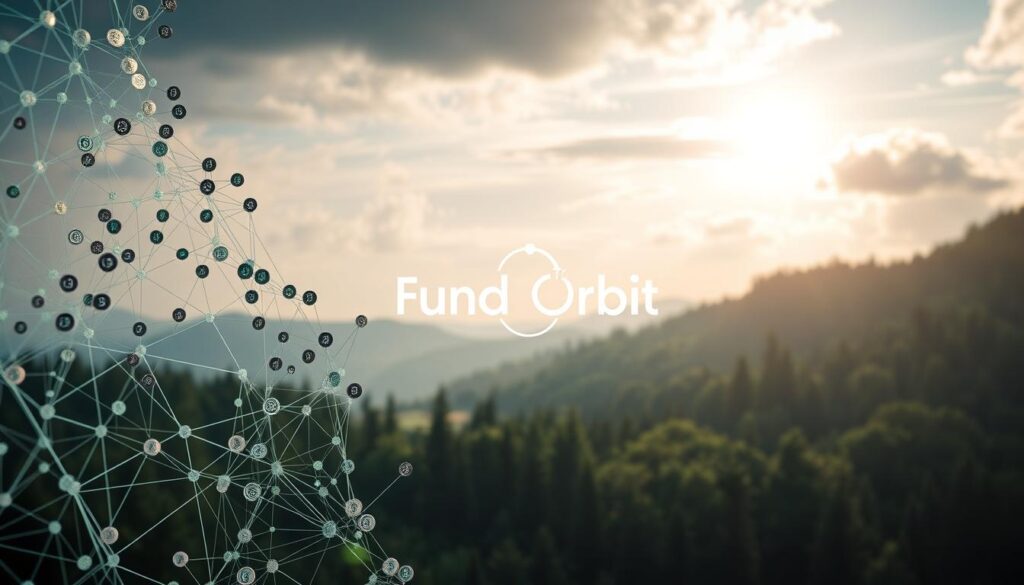
The use of blockchain ensures an immutable record of credits, enhancing the integrity and traceability of carbon credit trading. This innovative application is not only creating new markets but also promoting environmental sustainability.
Navigating Challenges in Asset Tokenization
The path to widespread adoption of asset tokenization is fraught with challenges that require careful consideration and strategic planning. As the market continues to evolve, understanding and addressing these challenges is crucial for investors and participants in the tokenization ecosystem.
Regulatory Landscape and Compliance
The regulatory environment for tokenized assets is complex and varies significantly across different jurisdictions. Ensuring compliance with these regulations is essential for the legitimacy and success of tokenization projects. We must stay abreast of changing regulatory requirements to mitigate potential risks.
Security Considerations
Security is a paramount concern in asset tokenization, given the digital nature of tokenized assets. Implementing robust security measures and effective risk management strategies is vital to protect against cyber threats and maintain investor trust.
Adoption Barriers and Education
A significant barrier to the adoption of asset tokenization is the education gap in the market. Many potential investors are not fully aware of how tokenization works, its benefits, and its risks. Bridging this knowledge gap through education and simplified user experiences is crucial for widespread adoption. At CoWrit Technologies Inc, we help bridge this gap through educational content and consulting services, facilitating a smoother transition into the world of tokenized assets.
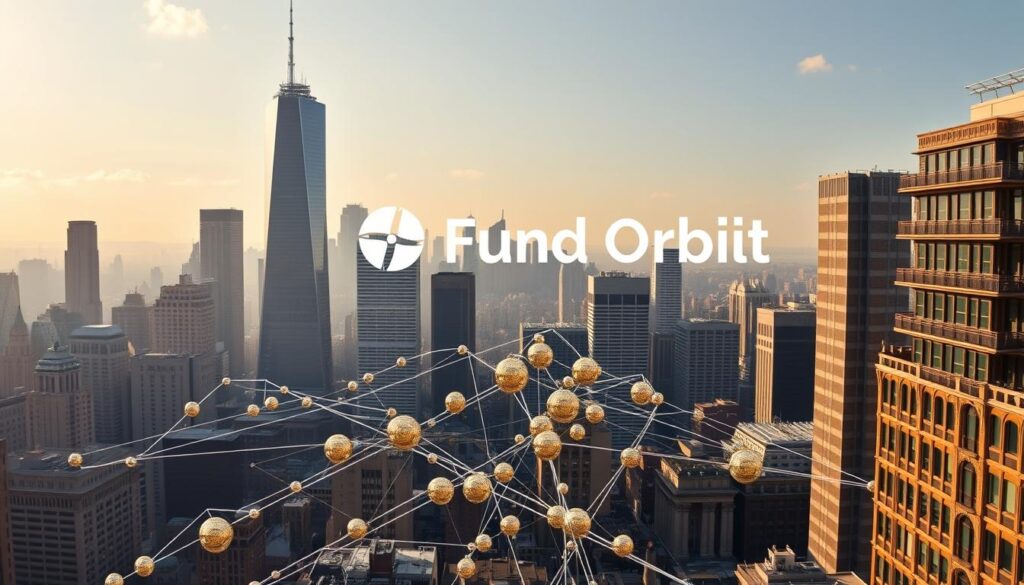
Conclusion: Embracing the Future of Tokenized Investments
With the advent of blockchain technology, asset tokenization is emerging as a game-changer in the world of finance. The tokenization of real-world assets is democratizing access to investment opportunities, enabling many more people to fractionally own various types of assets.
While asset tokenization is still in its infancy and faces challenges such as legal constraints and regulatory uncertainty, its potential to transform investment markets is significant. As an investor, it’s crucial to balance excitement about tokenization’s possibilities with cautious, informed approaches.
At CoWrit Technologies Inc, we’re committed to helping clients navigate this evolving landscape with our comprehensive services, including AI generative applications and digital marketing. To discuss how we can support your tokenization initiatives, feel free to connect with us via WhatsApp (+44-7822010953).
As we move forward, tokenization is likely to converge traditional finance and blockchain technology, reshaping investment markets and creating new opportunities. A thoughtful, well-informed approach is essential to successfully participating in this revolutionary transformation.
